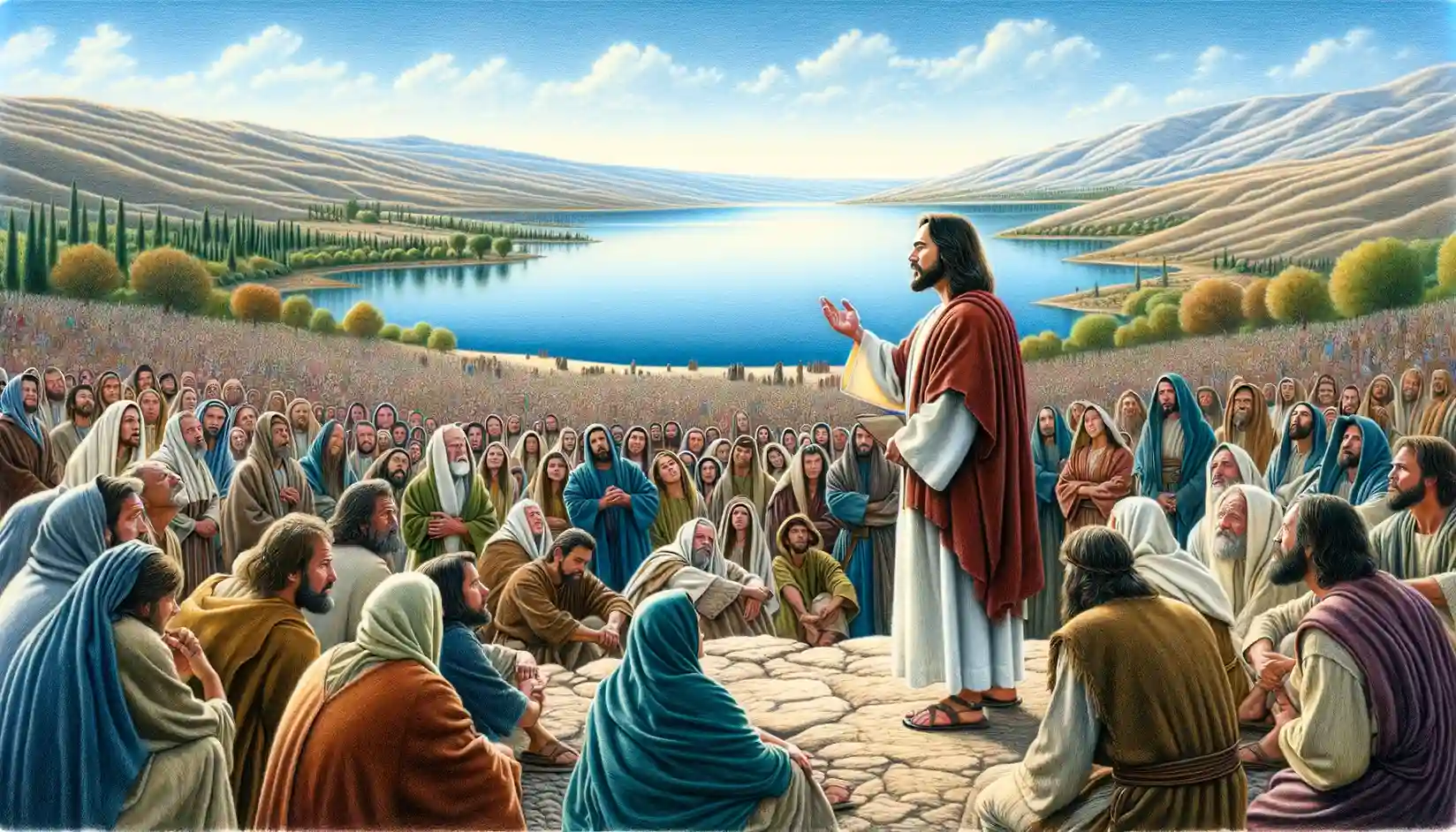Nicodemus, a Pharisee and member of the Jewish ruling council, visited Jesus at night to discuss spiritual matters, later defending Him before the Sanhedrin and assisting in His burial, symbolizing a journey from curiosity to faith.
Bartholomew, also known as Nathanael in the Gospel of John, is a biblical figure whose journey from skepticism to profound faith exemplifies the transformation experienced by those who encounter Jesus; recognized by Jesus as “an Israelite indeed, in whom there is no deceit,” Nathanael’s straightforwardness and integrity mark him as a disciple who is both honest in his doubts and sincere in his conversion. Following Jesus’ resurrection and ascension, he embarked on missionary journeys to diverse regions including India, Armenia, Ethiopia, and Southern Arabia, facing significant challenges but also contributing to the Christian tradition in these areas; his martyrdom, characterized by being flayed alive and then crucified, underscores his commitment to his faith and his willingness to endure immense suffering for his belief in the Gospel, with his legacy continuing in his veneration as a saint, celebrated on August 24th in the Western Church and June 11th in the Eastern Church, and revered as the patron saint of various professions and causes.
John the Apostle, also known as John the Evangelist, is one of the most influential figures in the Christian New Testament, recognized for his profound contributions through several writings including the Gospel of John, three Epistles, and the Book of Revelation; he was one of the key figures among Jesus’ disciples, part of the inner circle, and privileged to witness significant events such as the Transfiguration and the Agony in Gethsemane. Traditionally attributed with deep theological insights, his works emphasize themes like divine love and truth, and his life, marked by close proximity to Jesus, exile on Patmos, and a natural death in Ephesus, reflects a blend of theological depth, apostolic authority, and visionary insight, deeply influencing Christian thought and doctrine across denominations.
The “I AM” statements of Jesus in the Gospel of John are profound declarations that not only reveal His divine identity and messianic mission but also symbolically connect Him with the Old Testament revelation of God as “I AM,” thereby affirming His unique role as the sustainer of life, the source of salvation, and the ultimate revelation of divine truth to humanity.




